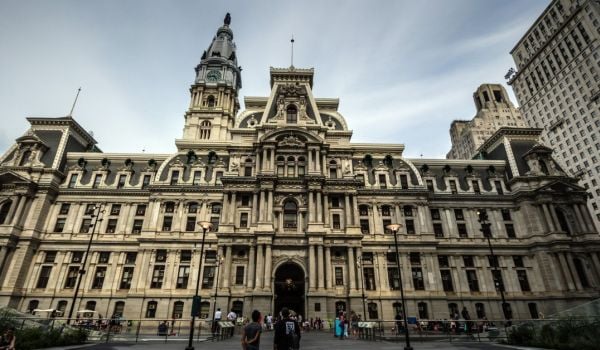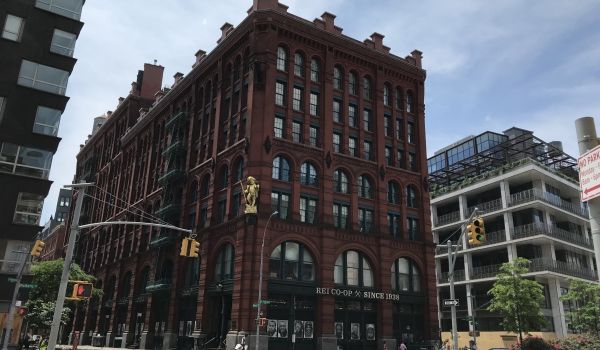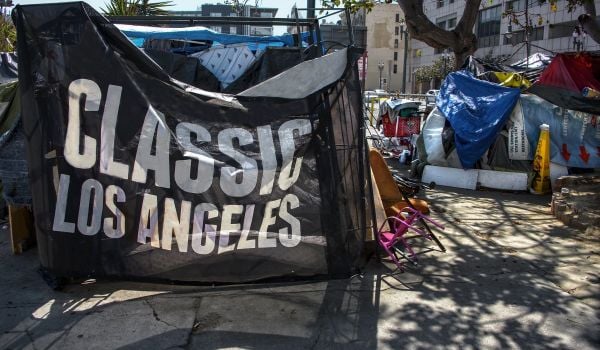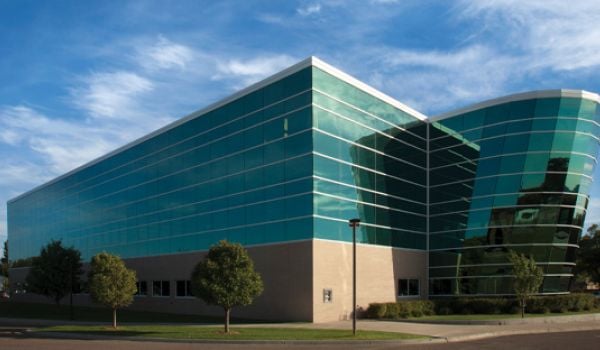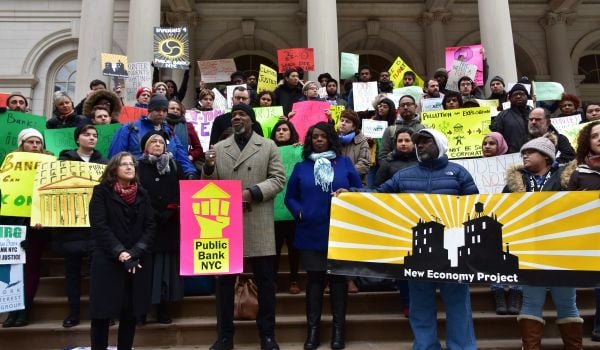In Portland, Oregon, a movement is slowly building to establish a public bank.
After debating divestment from companies whose practices might be harmful to people or the environment, the City Council voted in April to stop investing city money in all corporations. Portland is also one of numerous U.S. cities that decided to stop banking with Wells Fargo, after the bank’s fraudulent accounts scandal made headlines.
The Portland Public Banking Alliance, which advocates for a more equitable economy, has been pushing for a public bank for about two years. “Public banking is really taking off and there are efforts, particularly in California and in a number of places,” says the Alliance’s David E. Delk.
Philadelphia talked about establishing a public bank this year. In 2016, Santa Fe, New Mexico, completed a feasibility study for a public bank. Los Angeles, San Francisco and Oakland have been pursuing the possibility. In October, Seattle City Council Member Kshama Sawant wanted to allocate $200,000 — half of that was approved — of the city’s budget for a public bank feasibility study. Washington, D.C.’s 2018 fiscal year budget includes $200,000 for a feasibility study for a city-owned bank. The governor-elect of New Jersey expressed interest in establishing a state public bank during his campaign.
Delk says there are several good reasons that Portland should consider a public bank. He says the model would give the city more control over its finances, and allow it to avoid using local resources to assist the “too big to fail” banks that caused the great recession. He notes that he’d rather see banking benefit locals rather than Wall Street.
“My hope is that a public bank would be a profit-making institution except the profit would be for public purposes,” Delk says, naming everything from addressing homelessness and affordable housing, to creating jobs and retrofitting homes to be more energy efficient. “The possibilities are limited really only by our imagination because the needs are so great.”
The Alliance imagines that the public bank would also partner with local credit unions and community development financial institutions (CDFIs) to provide loans to students for college.
Commissioner Chloe Eudaly, who was elected to Portland’s City Council in 2016, has expressed an interest in investigating how the city might be able to establish a bank.
“We have one other person on the City Council who has made a supportive statement but we’re not really sure if it came down to casting a vote, whether he would actually be with us or not,” Delk says.
Marshall Runkel, Eudaly’s chief of staff, told the Portland Mercury he has been looking into public banks and has asked the city attorney about the matter. The city attorney’s initial stance was that establishing a public bank would violate the Oregon state constitution, which prohibits state banks.
Delk says the Portland Public Banking Alliance got a different opinion from another attorney and is awaiting a response from the city attorney’s office based on that feedback.
Establishing a public bank could take years — Delk estimates about five, “if all runs smoothly” — and will require securing funds for a feasibility study, conducting the study and then actually putting the bank in place. Delk says the Portland Public Banking Alliance plans to do more outreach in 2018 to raise awareness, and to discuss a public bank with all future City Council candidates.
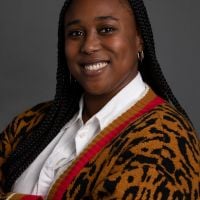
Deonna Anderson is Next City's editorial director. An award-winning journalist, she has served as a senior editor at GreenBiz and worked with YES! Magazine, KLCC (an NPR affiliate station in Eugene, Oregon), The Lily, Atmos and other media outlets. Anderson is an alumna of the University of California, Davis and the Craig Newmark Graduate School of Journalism at CUNY. She lives in the Bay Area. She was also Next City's 2017-2018 Equitable Cities Reporting Fellow. Follow her on Twitter @iamDEONNA.
Follow Deonna .(JavaScript must be enabled to view this email address)


